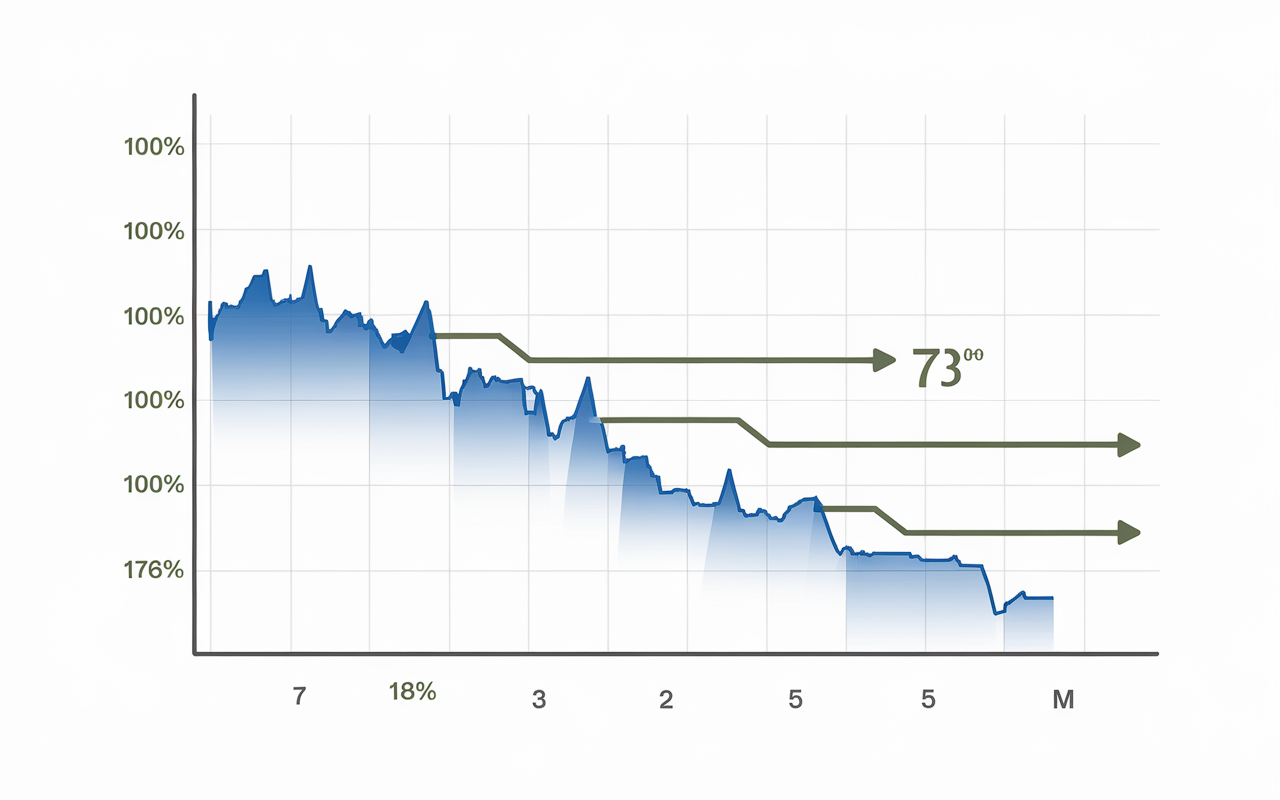Greetings BioPharma Enthusiasts! 👋
Welcome to another edition of BioPharmaPulse, where we dive into the heart of biopharmaceutical innovation. This week, we're exploring groundbreaking developments in rare disease treatments, promising clinical trial results, and exciting advancements in neurodegenerative research. Let's embark on this educational journey together!
What's in this issue:
-
🧬 Discover how Glycomine's $115M boost is accelerating rare disease drug development
-
🧠 Uncover the promising results from Telix's Phase 2 brain cancer study
-
🧪 Be inspired by new stem cell research kindling hope for Parkinson's treatment
-
💡 Learn about the impact of FDA orphan drug designations on biopharma innovation
Quote of the Day
"Science knows no country, because knowledge belongs to humanity, and is the torch which illuminates the world." – Louis Pasteur
Latest Developments in Biopharma
🧬 Glycomine Raises $115M to Target Rare Glycosylation Disorder (1 minute read)

Rundown: Glycomine, a California-based biotech company, has secured a $115 million Series C funding round to advance the development of its lead candidate for a rare genetic disorder known as a glycosylation disorder. This substantial investment will support the progress of their drug candidate through Phase 2 clinical trials, moving closer to providing a much-needed therapy for patients with limited treatment options.
Key Points
-
🔬 Glycomine focuses on developing treatments for rare genetic disorders affecting glycosylation.
-
💰 Secured $115 million in Series C funding to propel clinical development.
-
📊 Plans to initiate Phase 2 trials and progress towards FDA submission.
-
🌍 Aims to address unmet medical needs in a niche patient population.
Why it matters: This significant funding not only underscores investor confidence in Glycomine's approach but also marks a hopeful step forward for patients suffering from rare glycosylation disorders. Advancements in this area have the potential to improve quality of life and open doors for future research into similar genetic conditions.
🧠 Telix Points to 'Promising' 13-Month Survival Rate in Phase 2 Brain Cancer Radiopharma Study (1 minute read)

Rundown: Telix Pharmaceuticals has reported encouraging efficacy results from a small Phase 2 study involving patients with aggressive brain cancer. The company's radiopharmaceutical treatment showed a median overall survival rate of 13 months, offering a glimmer of hope in a field where new treatments are desperately needed.
Key Points
-
🧪 Telix is developing radiopharmaceutical therapies targeting cancer cells.
-
📈 Phase 2 study showed a median survival of 13 months in glioblastoma patients.
-
💡 Results suggest potential for improved outcomes over existing therapies.
-
🔜 Plans for further studies to validate findings and explore broader applications.
Why it matters: Glioblastoma is one of the most lethal brain cancers with limited treatment options. Telix's findings could pave the way for new therapeutic strategies, potentially extending survival and improving the quality of life for patients battling this challenging disease.
🧪 New Research Kindles Excitement Around Stem Cell Therapies for Parkinson’s (1 minute read)

Rundown: Two recent studies published in Nature have ignited hope in the field of Parkinson's disease research by demonstrating that stem cell-derived products can be safely transplanted into the brain. Early signs of efficacy were observed, suggesting potential for these therapies to restore lost functions in patients.
Key Points
-
🧠 Parkinson's disease results from the loss of dopamine-producing neurons.
-
🌱 Stem cell therapies aim to replace these lost neurons to restore function.
-
🔬 Studies show safe transplantation and early efficacy signals in models.
-
🕰️ Research is still in early stages; more work needed to confirm benefits.
Why it matters: These findings represent a significant step towards developing regenerative treatments for Parkinson's disease. While still preliminary, the research offers a promising avenue that could ultimately lead to therapies capable of not just managing symptoms but potentially reversing aspects of the disease.
Question of the Day
🤔 What biopharmaceutical innovation excites you the most?
Trending Innovations
🧪 GeneDx to Buy Fabric Genomics for Up to $51M
- GeneDx is set to acquire Fabric Genomics, aiming to accelerate genetic disease diagnosis using advanced genomic analysis tools.
🌐 Cellenkos Announces US FDA Orphan Drug Designation Granted to CK0801
- Cellenkos receives FDA orphan drug status for CK0801, a cord blood-derived T regulatory cell therapy for aplastic anemia.
💉 Vaccine Advisory Panel Recommends Expanded RSV Use
- A CDC panel suggests expanding RSV vaccine recommendations to at-risk adults in their 50s, potentially broadening protection.
Industry Insight
💡 Understanding FDA Orphan Drug Designation and Its Impact on Biopharma Innovation
The FDA's Orphan Drug Designation is a critical catalyst in the development of treatments for rare diseases. By granting special status to drugs targeting conditions affecting fewer than 200,000 people in the U.S., the FDA provides incentives like tax credits, user fee waivers, and market exclusivity upon approval.
By understanding this pathway, biopharmaceutical companies can navigate the development process more effectively, bringing much-needed therapies to underserved patient populations. Recent examples, such as Cellenkos's CK0801, highlight how orphan designation can accelerate innovation and support the journey from the lab to the clinic.
Quick Hits
🧬 Eisai, Biogen's Alzheimer's Med Leqembi Wins Long-Awaited European Approval (1 minute read)
- The much-anticipated Alzheimer's treatment Leqembi has received approval in Europe, offering new hope to patients with early-stage Alzheimer's disease.
🏥 Novartis Terminates Knee Pain Study; Telix Reports Brain Tumor Data (1 minute read)
- Novartis discontinues a Phase 2 trial for knee osteoarthritis treatment, while Telix shares positive brain tumor study results.
💰 Early Funding for Biotechs Slumps Further in 2025 After Several Rough Years (1 minute read)
- Biotech startups face continued challenges in securing early-stage funding, impacting the pace of innovation in the sector.
📉 Charm Therapeutics Founder Laksh Aithani Is Out as CEO (1 minute read)
- London-based biotech Charm Therapeutics announces leadership changes as founder Laksh Aithani steps down as CEO.
Wrap Up
Thank you for joining us on this exploration of the latest breakthroughs and developments in the biopharma world. It's an exciting time for innovation, and we're thrilled to share these journeys with you. If you found this newsletter insightful, please consider sharing it with colleagues and friends who share your passion for advancing healthcare.
Until next time, stay curious and keep exploring the pulse of biopharma innovation!
Warm regards,
Elliot Reeves | BioPharmaPulse
📣 How did you like today's email?
-
😀 Loved it
